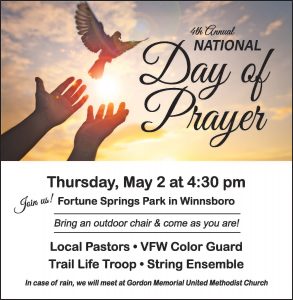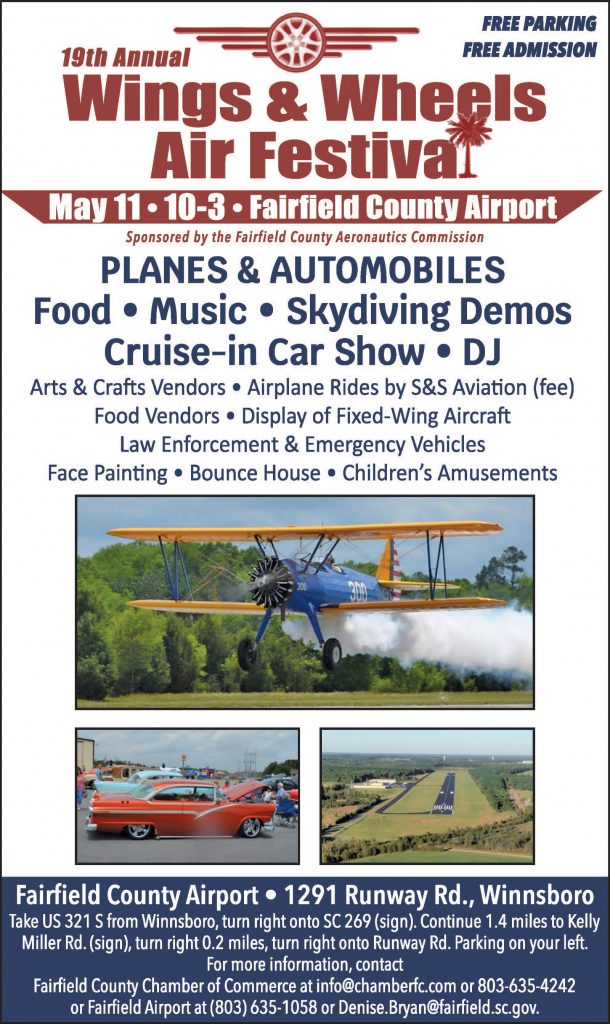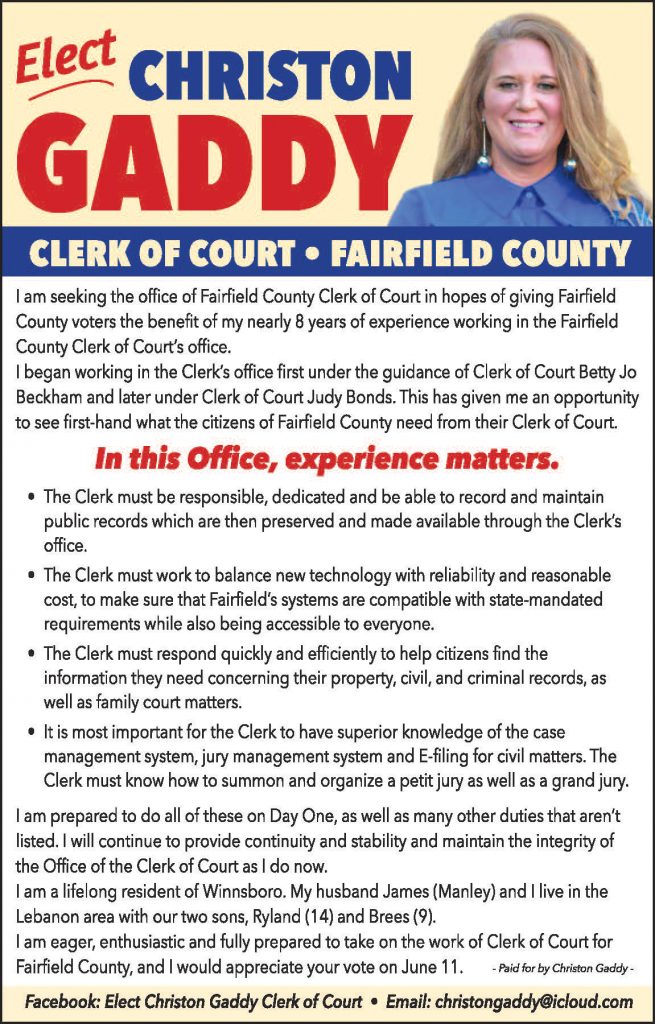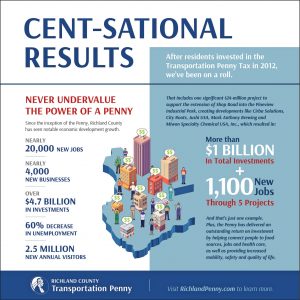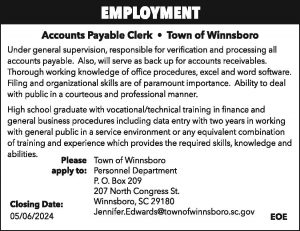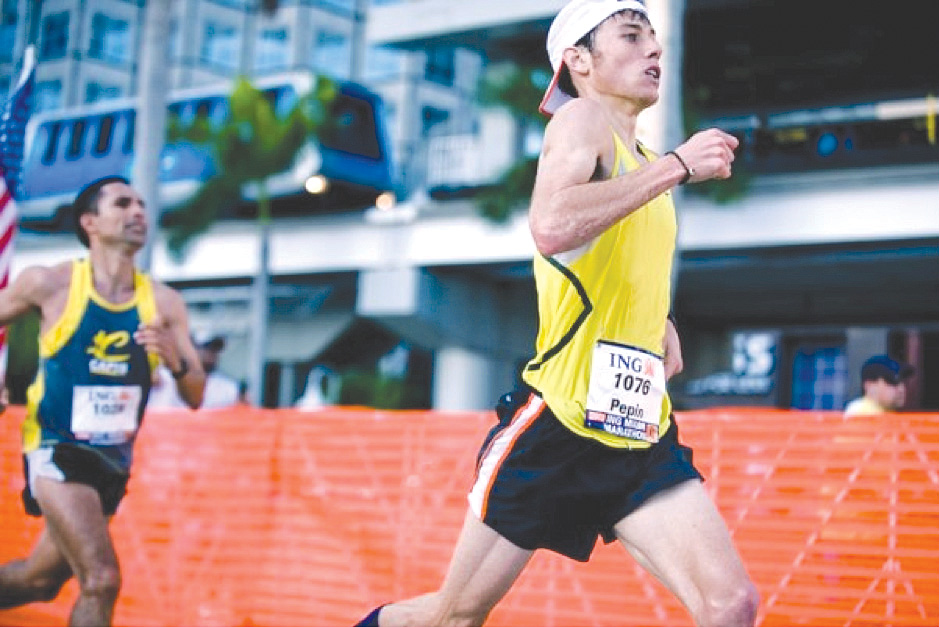
Blythewood native Mark Pepin took up running as an afterthought, but now is on pace for the 2016 Olympic Games.
It’s the last event of the Olympics and maybe the most demanding: the men’s marathon. The marathon is 26.2 miles of grueling agony driven by pride for your country and self determination to be one of the best distance runners in the world. While the majority of runners feel fortunate to break four hours in a marathon (top 10 percent of finishers), the Olympic Marathon winner will finish in approximately two hours and eight minutes! That is a pace of four minutes and 53 seconds per mile over 26.2 miles.
While participating in the Olympics is merely a fantasy for many, for Mark Pepin, a Blythewood native, running for Olympic Gold in the marathon of the 2016 summer games in Rio is not only a dream but a very realistic goal. I had the pleasure to catch up with Mark to talk about his love for running and his goal to represent the USA in 2016 as he “Runs for Rio.”
Chris Vokaty: Tell us a little bit about your background growing up in Blythewood.
Mark Pepin: I grew up kind of in the backwoods of Blythewood with my two older brothers Paul and Matt. My dad Paul Pepin is pastor of Crossings Community Church while my mom Brenda was busy raising and home schooling me and my brothers. I guess you could say I grew up in our Church as the church grew which gave me great friendships and a strong faith.
CV: Not many people have a realistic chance to qualify for the Olympic Marathon let alone being competitive in local marathons. You have an interesting story to share. How did you develop a love for running?
MP: The sport I loved and played most as a child growing up through high school was soccer. The only reason I took up running, in particular my senior year, was to improve as a soccer player. So in the fall of my senior year I joined the cross country team as a way to improve my fitness and get better as a soccer player. In fact that was the only reason I went out for cross country. It was a rough start. I was terribly out of shape but stuck with it.
When I got to college at Clemson I could not play with my soccer team any longer as logistically it didn’t work, so I decided to keep running as a way to stay in shape, get away from school and used it as a way to relax.
CV: How would you say running has positively impacted your faith and your life?
MP: In terms of my Christian faith, it’s essential; it’s a part of who I am. We all need motivation and as a runner my faith is everything. I just love to get out and run and it’s a time I can pray, think through things and relax. I never run with headphones, it’s just my quiet time on the road.
CV: What are some of you best memories or successes as a runner?
MP: Well my first race in college I actually did a marathon. That’s going big so I thought I would go for it and I trained pretty well for it. The race was the ING Miami Marathon in 2009 (editor’s note: Mark was only 20 entering the marathon in a field with over 4,000 participants.) and ended up doing pretty well. I finished eighth overall and was the first American to finish. I finished in 2:43:17 and honestly didn’t even know what that meant. It was very exciting.
So after that I was like, “Cool, I can definitely run in college.” So I contacted the coach, started training with them and was able to walk on the team and run for Clemson.
CV: Most folks have someone they look up to in their sport of choice. Who is someone you look up to from a running perspective?
MP: It would probably be Roger Bannister the sub four-minute mile runner who was a medical student. He was the guy that used what he was passionate about in all different areas. His passion for the human body he used in his training. For me it’s a similar situation. I love research, I love biomechanics and I love running. Ryan Hall, who made the 2012 US Olympic team, is also someone I admire. He is a solid Christian and knows the Lord very well. It’s good to see him at the top of the all the athletes living on his faith.
CV: You and your lovely wife have a baby on the way in March; you are applying to different medical schools and have school, work and life. How is this going to affect your training and preparation to make a run at the U.S. Olympic Marathon team?
MP: It is a huge commitment. I thought it was going to be really tough when I got married and would take all my free time. I will have to use my time more effectively. The same strategies will apply to being a dad. I will have to plan my time and also integrate my family in different aspects of my life like I did when I got married. My wife Sandy would hop on her bike and ride besides me when I would go for a run. We will combine family time with running time.
CV: You have a very lofty goal of making the US Olympic Marathon team that will compete in Rio in 2016, especially taking into account you did not start running competitively until you were in college. Talk to me about this goal.
MP: I think I have a huge advantage in that I have not been tied to any running organization or a sponsor that requires me to run a certain amount races of different lengths every year. Success in larger fields requires specification over a long period of time. I have three years to build a foundation to have one good race that will qualify me. I have the advantage that I am still an unsponsored amateur athlete that gives me so much more flexibility in what I choose to do. I just love running and I can train easily at very high volumes injury free. I also have a coach now at UC Davis (grad school) that is working with me and I train with some really talented runners. It’s a good system for me now.
CV: As with any sport there is a LOT that goes into to it from fitness, training, and especially diet. What do you do from a training and nutritional aspect?
MP: My coach at US Davis is a molecular physiologist and a lot of his research goes into nutrition for endurance athletes. He has been really helpful in helping me figure out what works for me in terms of diet. For me it’s about composition and timing. I never eat before I run in the morning. If you enter into a work out in a Glycogen (sugar) depleted state it significantly improves the outcome of the workout by training your body’s ability to burn more fat as fuel. Immediately after I run – within 30 minutes, I eat as much as I can and get ready for the next workout. That is a simple strategy I use to get the most out of each workout. Also this may sound weird but, several studies have shown that Beetroot Juice has a tremendous effect on endurance performance, if you can tolerate the taste… I’ll drink about 2 cups 4 hours before a race, and it seems to do something.
CV: What advice do you have for anyone who wants to start running or wants to run a half or full marathon?
MP: I would say start slow because I didn’t and got eight of the top ten running injuries. Most people hate running because they start out running too fast for their fitness, which leads to burnout. So start slow and gradually work in more miles and speed as you get more fit. This is the best way to enjoy running.



